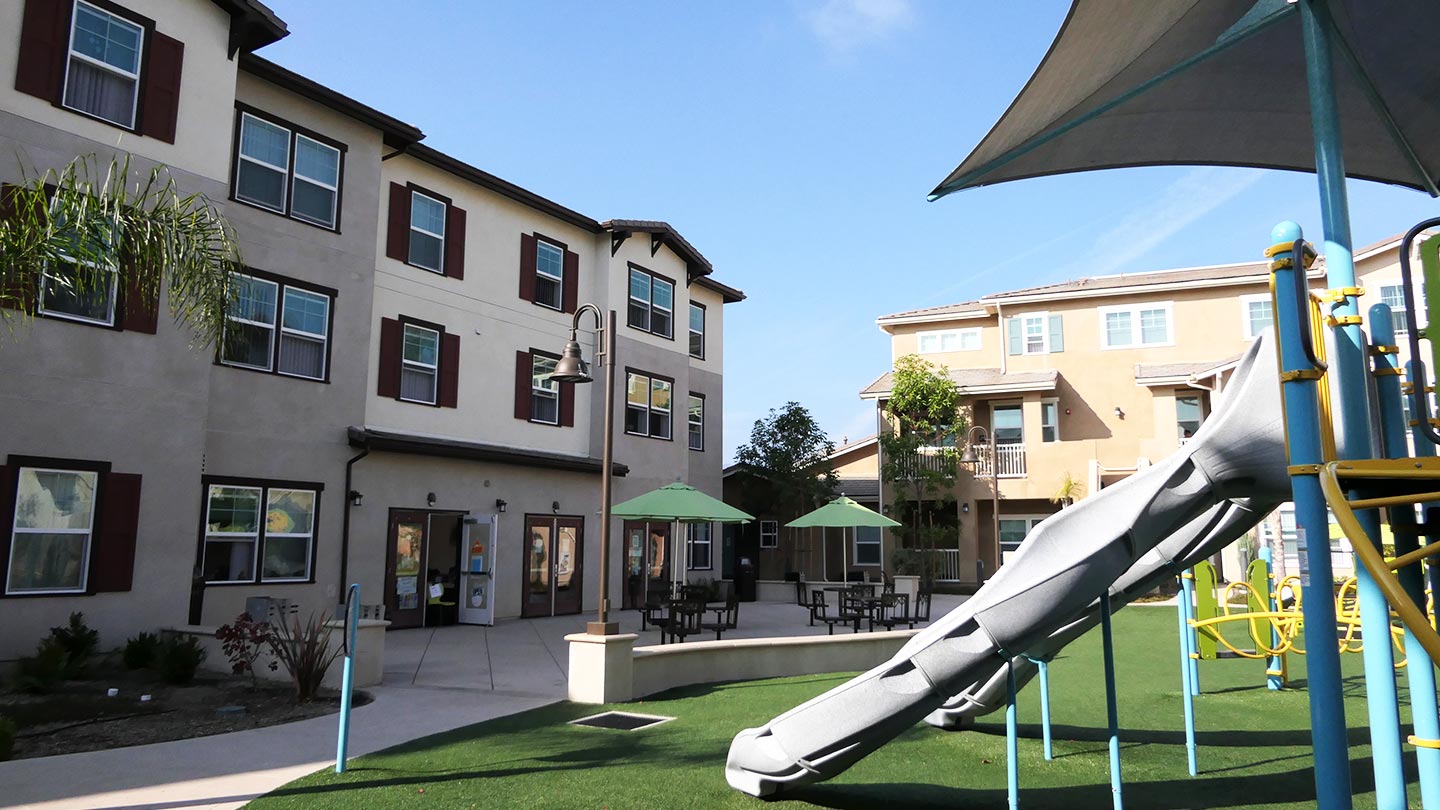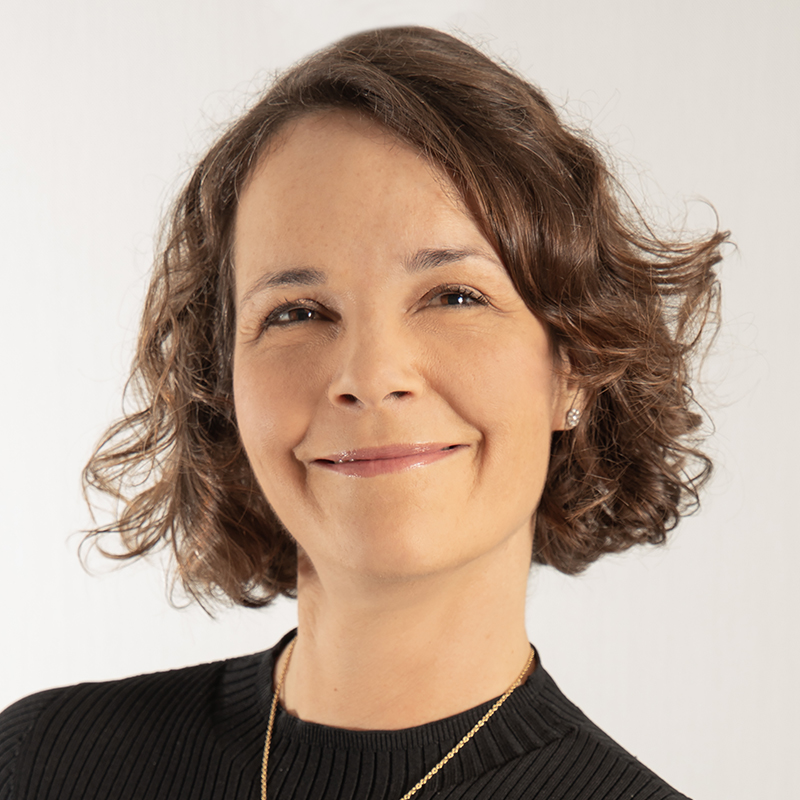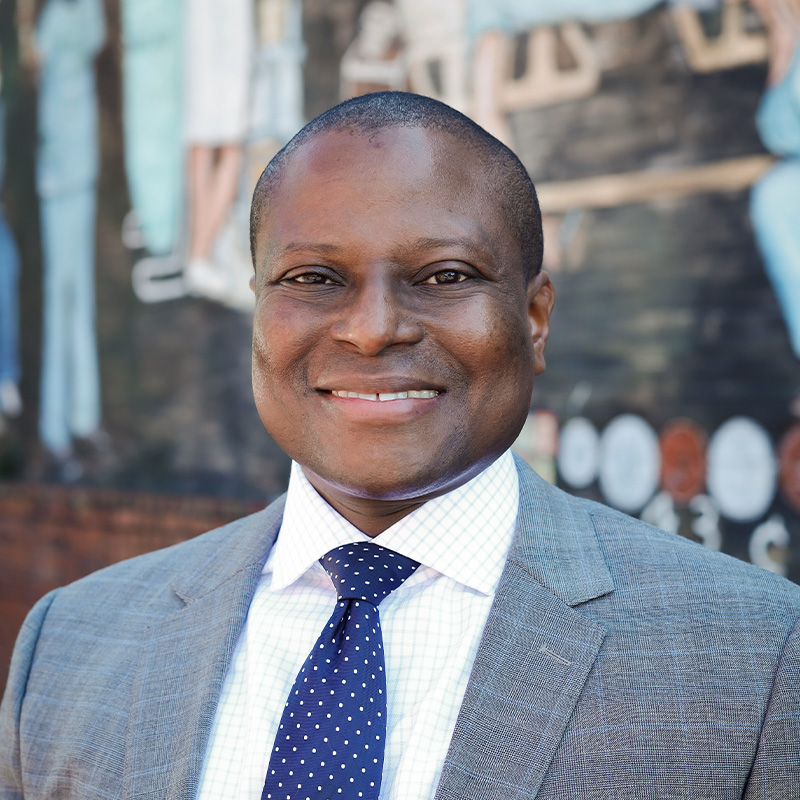Community Development Banking
We’re empowering people and strengthening communities by expanding access to capital. Through loans, investments and specialized financing, we support developers and community organizations serving low- and moderate-income families nationwide.

$7.1B+
lending portfolio held on balance sheet - Loans
$3.2B+
tax credit equity investments1
$28B+
committed to finance affordable housing1

Meet the people behind Community Development Banking’s investments
J.P. Morgan Community Development Banking ties financial value to social impact—no matter how complex the project. See how our work directly impacts Community Development Financial Institutions and their funding recipients.

Our Community Impact
From affordable housing to manufacturing facilities, see our work in communities across the U.S.
Connect with our experts
Related insights

3:00 - Real Estate
How tax credit equity helped Dupaco return to its roots
Jan 30, 2026
See how both Historic and New Markets Tax Credit from J.P. Morgan helped transform a vacant manufacturing facility and spur community development in Dubuque, Iowa.
Watch video
Real Estate
2026 commercial real estate outlook
Jan 06, 2026
While economic uncertainty persists, commercial real estate’s strong fundamentals position the industry for success in the year ahead.
Read more





